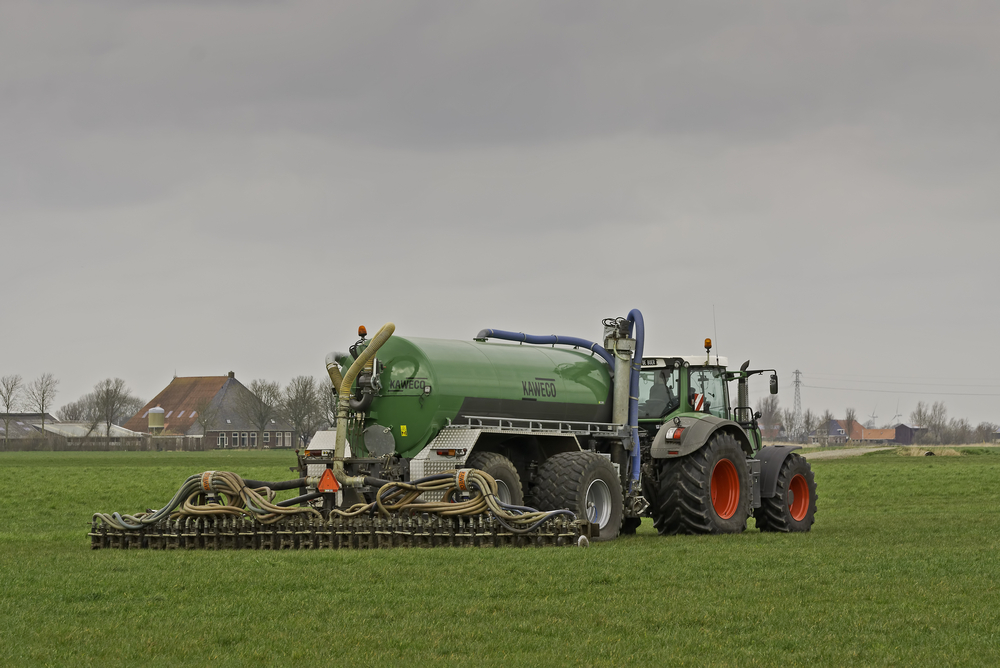Following the Environment Agency’s (EA) review of the Quality Protocols (QP) for both PAS110 Anaerobic Digestate and PAS100 Compost, which found both to be outdated and not fit for purpose, the deadline imposed upon industry to form so called Task and Finish Groups is looming.
While the process will afford little in the way of new opportunities, the withdrawal of support for QPs could certainly be damaging. The time to engage with this process is now. By doing so, there is at least the chance to influence the eventual outcome in order that industry growth is not curtailed, and that high quality material is available which benefits the sectors concerned as well as safeguarding the environment.
The reality is that QPs play a key role in the drive to achieve circularity and the costs which are to be agreed and shared by industry must be seen as a necessary investment to achieve the best outcome. The EA has noted that their approach will be collaborative, with industry’s input informing their opinion, but we must also be realistic and recognise that asking for too much presents a risk of derailing the process.
Plastic contamination will be a major focal point of work to revise QPs. For both the Anaerobic Digestate and the Compost QP it was identified that the permissible level of plastic was too high, resulting in land contamination and subsequently a loss of confidence in the market. Therefore, in addition to the incorporation of updated fertiliser regulations and the latest soil science, as well as reduced contamination of compost specifically by sharps and stones, it has been proposed that the permitted level of plastic will be aligned with SEPA’s regulatory position statement, which is 0.06% (50% of current PAS100).
In addition, it was noted that the digestate specification requires refinement, to ensure that digestate does not lose integrity whilst in storage. In response, it has been suggested that stability requirements need to be revised while initial feedback includes the suggestion that the scope of the digestate QP could be broadened to include new processing techniques and end markets, such as digestate drying.
Contamination levels of feedstock are of course critical if we are to achieve reduced contamination of product. And with major change on the way for the collection of household food and organic waste, there are some significant challenges ahead. In addition to the requirement for local authorities to develop and implement new biowaste strategies, driving household engagement with new collection schemes will be vital, and has the potential to significantly reduce contamination at source.
Of equal significance is continued investment in waste sorting and recycling technologies to drive continued improvements in our ability to handle materials which have historically contaminated organics. This will need to be combined with the adoption of protocols that ensure products such as food packaging are designed for recyclability. At the same time the development of end market applications for materials which otherwise present a contamination risk, will become increasingly important.
Meanwhile organics operators must be able to reject contaminated feedstock without putting contracts at risk and ultimately, operators and local authorities will need to work in partnership to reduce the contamination of green waste feedstock.
The cost, which has been estimated to be in the region of £25,000 for each QP revision is to be borne by industry and there is a collective responsibility now to join in contributing towards it, to facilitate the supply of good quality organic products to agricultural and horticultural markets.
A truly collaborative approach will see a rise in product standards, an increase in market confidence as well as real progress towards circularity and a sustainable future for all stakeholders that is aligned with the Resources and Waste Strategy.
Please get in touch with WRM if you would like more information on the ongoing QP reviews.
